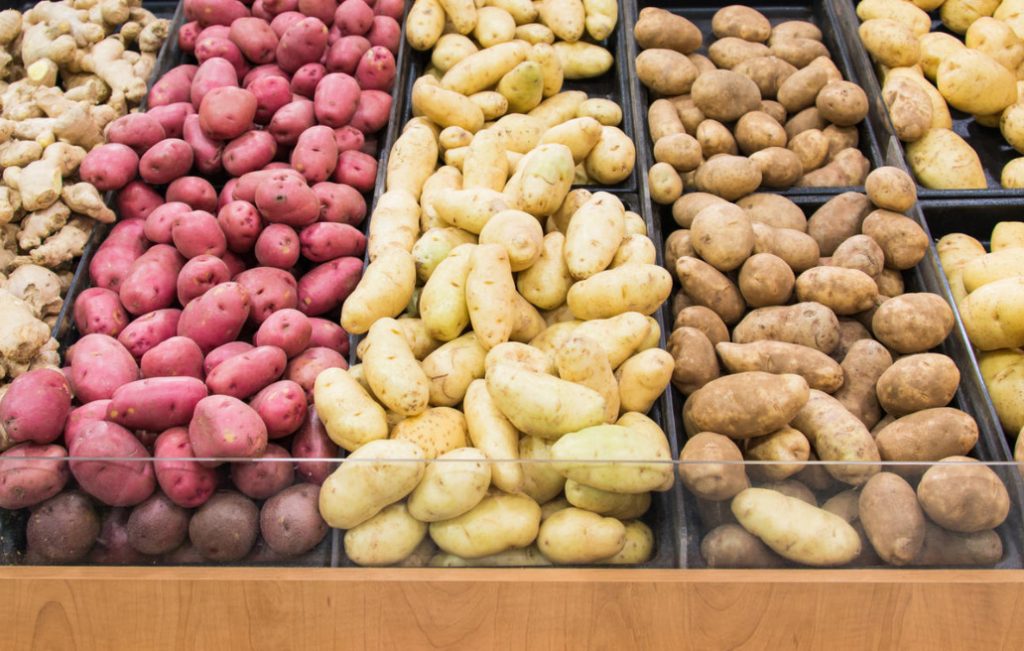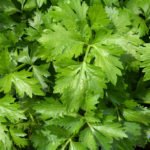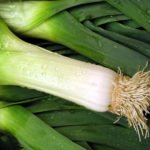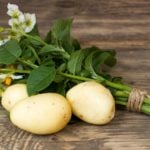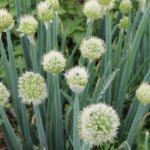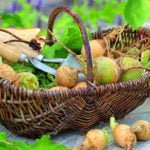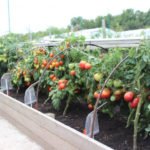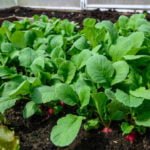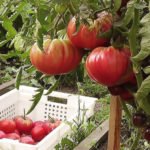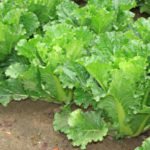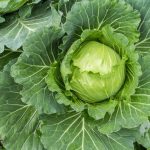Buy potatoes for planting is not a problem: almost any horticultural store (both in the usual and on the Internet) offers seed tubers of different varieties. But sometimes it happens that the time has come, and the planting material is not at hand — as there is no time to order and buy it. In this situation, some summer residents are wondering: do not buy potatoes for planting in the supermarket?
There are different points of view on this issue. The main doubts of summer residents can be formulated in the following questions.
- Will the potatoes from the supermarket germinate, will they yield a crop, or are only special tubers — seed tubers-suitable for this purpose?
- What is the difference between tubers from a vegetable store and those sold in a garden center?
- How reliable is this planting material?
Let’s look at these issues from different angles.
A bit of botany
Potatoes can be propagated in two ways.
- Seed. After pollination-the merging of male and female cells in the flower-berries are formed, in which the seeds Mature (they are called Botanical).
- Vegetative, that is, reproduction involving only the cells of the parent plant. Most often — with the help of tubers.
These methods are independent of each other, that is, the presence or absence of flowers does not affect the formation of tubers and their ability to germinate later.
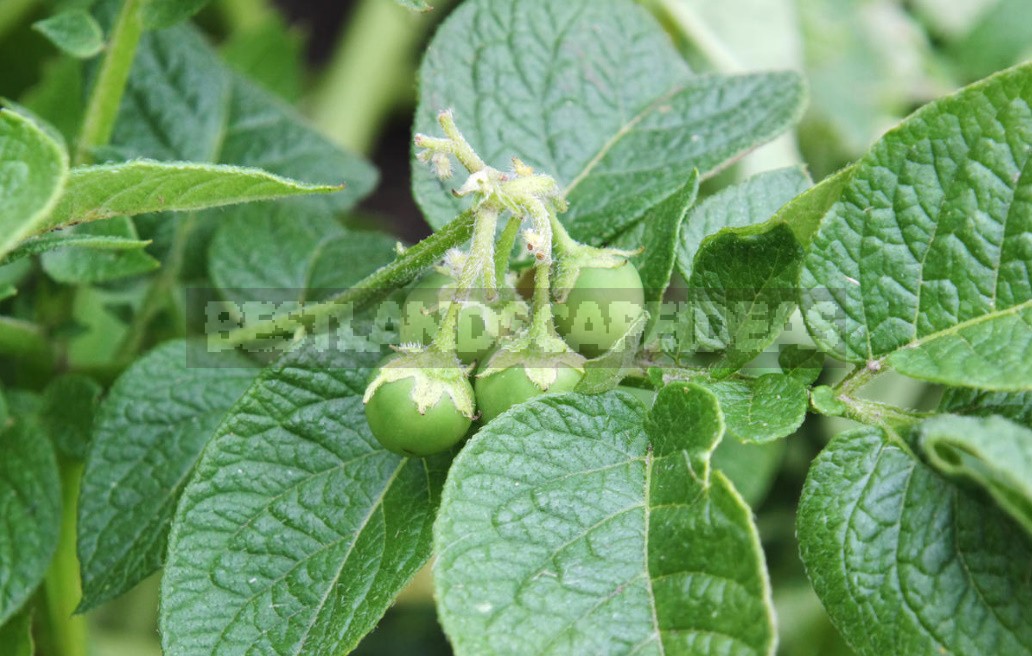
Potato tubers (although many believe them to be roots) are actually modified shoots, branches that grow underground. They are adapted specifically for breeding. Thickening of the shoot in the form of a tuber is a reserve of useful substances for the future potato Bush.
It turns out that the tuber is a plump part of a twig that nature has specially created for the convenience of cuttings: there are food reserves for the first time after the start, dormant buds (eyes) and the beginnings of roots. It is enough to create comfortable conditions (the necessary humidity and temperature), and the potato stalk-tuber will start growing.
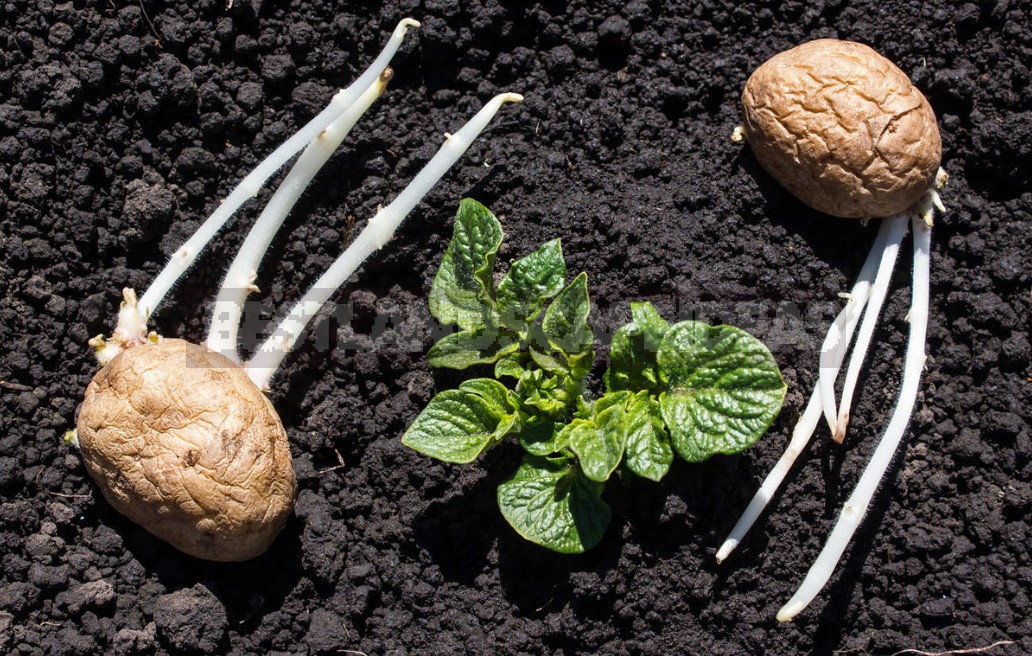
Therefore, any potato tuber is able to continue the life of the parent plant-progenitor. Remember how potato peels sprout in a compost heap; potatoes that are forgotten during digging and even lost in the grass. The product that we buy in the store, in fact, does not differ from a special seed. Tubers are created by Nature for the propagation of plants.
What will grow out of it?
Any tuber can grow, both the so-called food tuber and the special seed tuber. What will grow out of it is another matter.
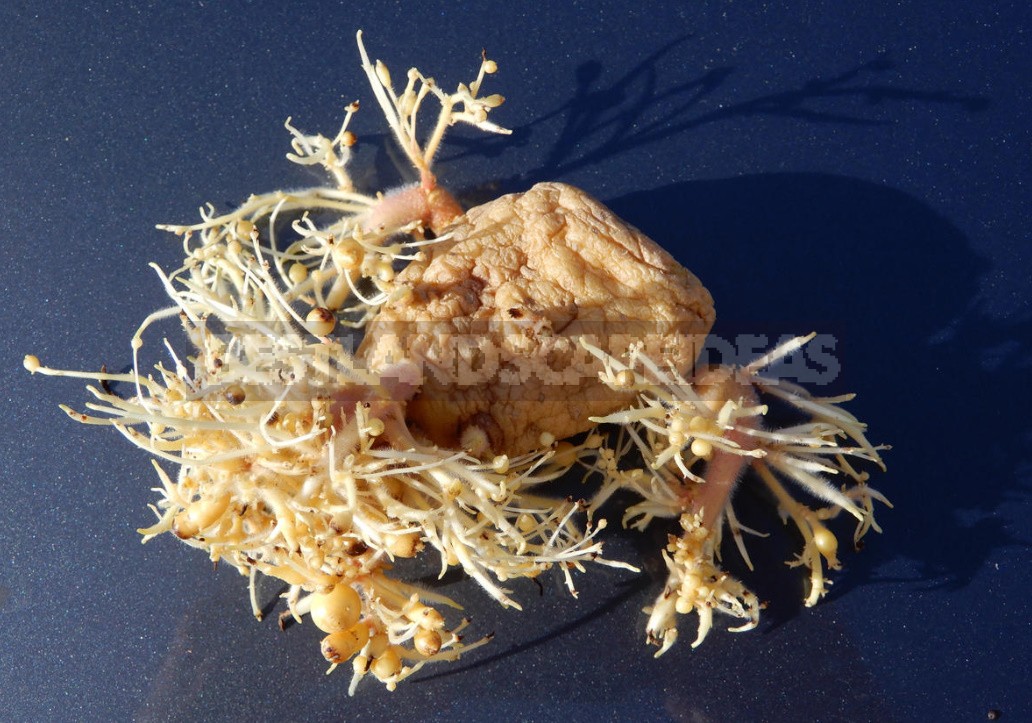
Not the elite
As mentioned above, potatoes can be propagated by seed and vegetative methods. For growing this crop for food (both on private farms and on an industrial scale), seed sowing is not practiced using tubers. Botanical seeds are usually used only for breeding purposes, although you can also try to grow potatoes this way.
Growing potatoes from tubers, we reproduce the same plant for many years. Tubers are clones of the original mother Bush, and they are genetically identical to it.
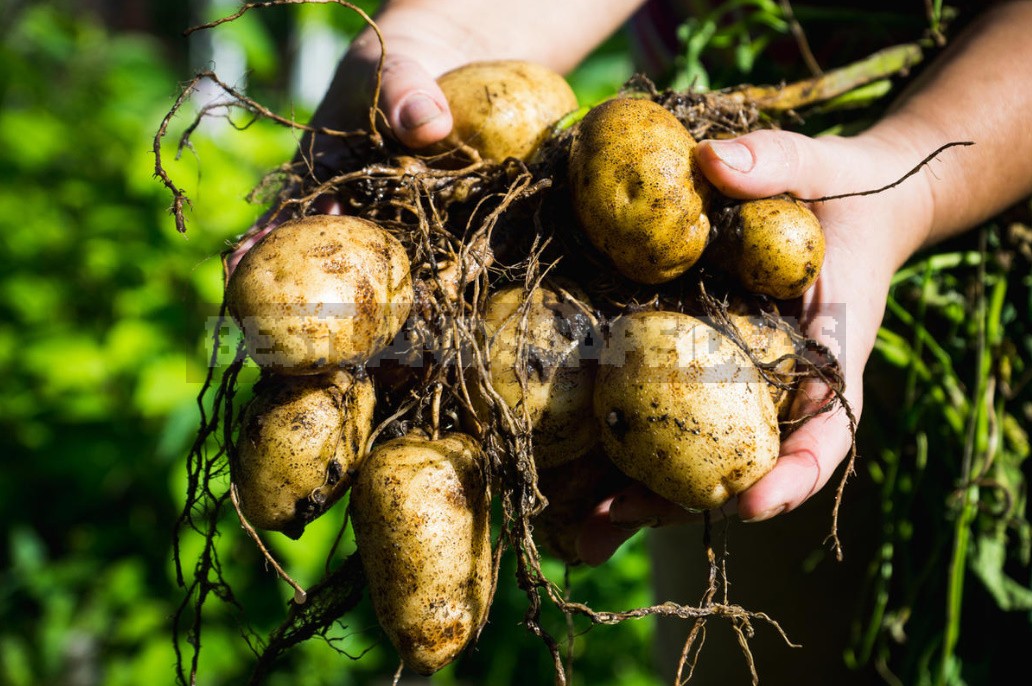
Like any organism, age does not benefit potatoes: viruses and other pathogens accumulate from year to year. There is a degeneration. Usually experts talk about a 5-7-year period during which potatoes age. In real life, old age can occur either earlier or later, depending on the conditions of life — almost like in humans. With good agricultural technology, an annual competent selection of seed material, suitable climatic conditions, a good harvest can bring both the seventh and later reproductions.
Stores for gardeners usually offer so-called elite, super elite, and even super elite. The first field reproduction, after the isolated cell material was given in a test tube by microtubules, and then in a greenhouse — by miniclubbers, is called supersuperelita. The second is a super elite. The third — just the elite. This planting material is free from diseases. All subsequent reproductions are called simply by number and are no longer sold as seeds.
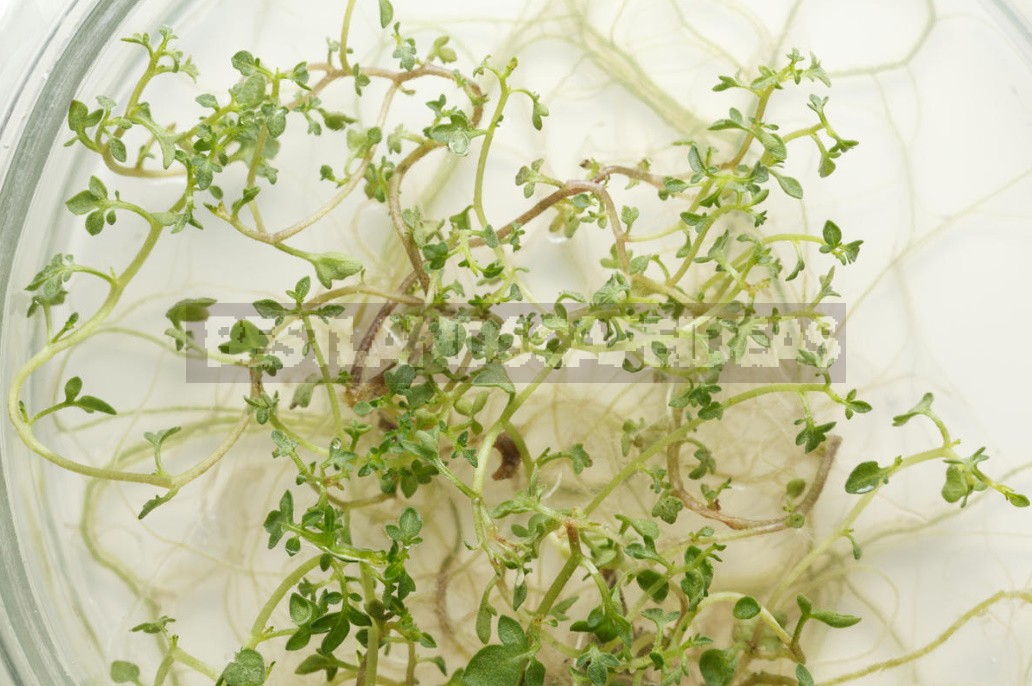
It is not known what reproduction of tubers you will buy in the supermarket. And a grocery store is not the place where it is customary to be interested in such issues, although the quality of store potatoes as a seed material can tell its appearance. Choose beautiful tubers, not clumsy. Regular shape and aligned in size, with intact, evenly colored skin.
Viruses and other diseases
Even if the food potatoes that are sold in the vegetable Department have not degenerated in age, they can still be sick. Late blight, alternariosis, mosaic, Septoria and many other viral, bacterial and fungal diseases can lurk in these tubers.
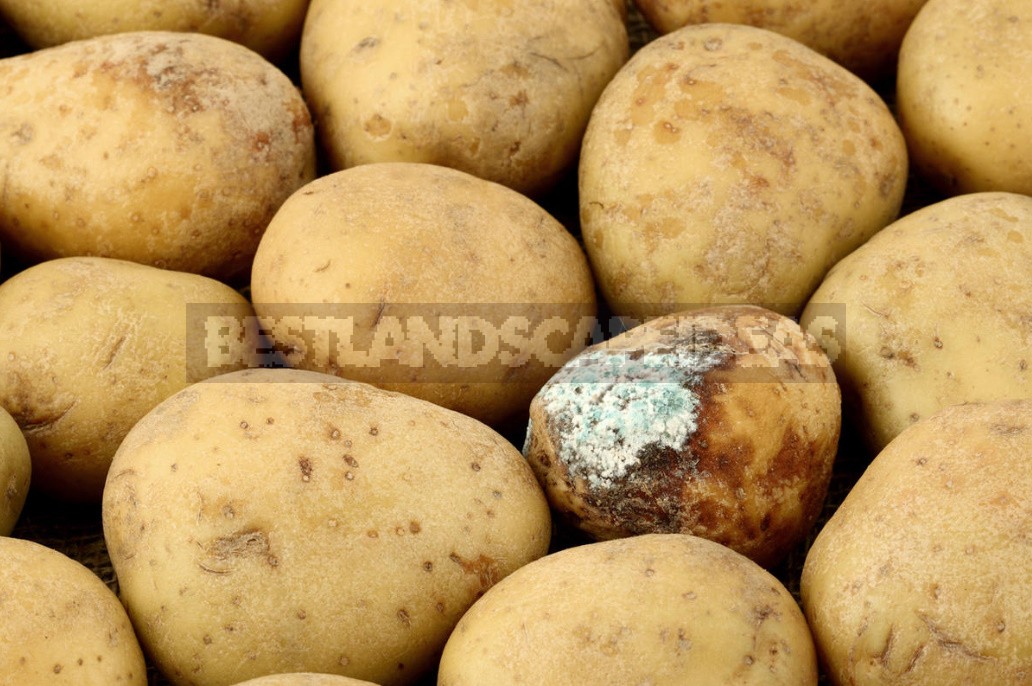
The danger here is twofold: you will get a poor harvest in the fall and can bring some persistent infection to your site. Do not use potatoes with obvious signs of disease for planting! However, this applies not only to food potatoes purchased in the store.
Selected tubers that have passed visual inspection can be cut for safety. Often, the signs of infection are not yet visible on the surface of potatoes, but are already quite noticeable inside it. You can also germinate this potato in the dark: the patient will be given darkening on the sprouts, their branching and threadiness.
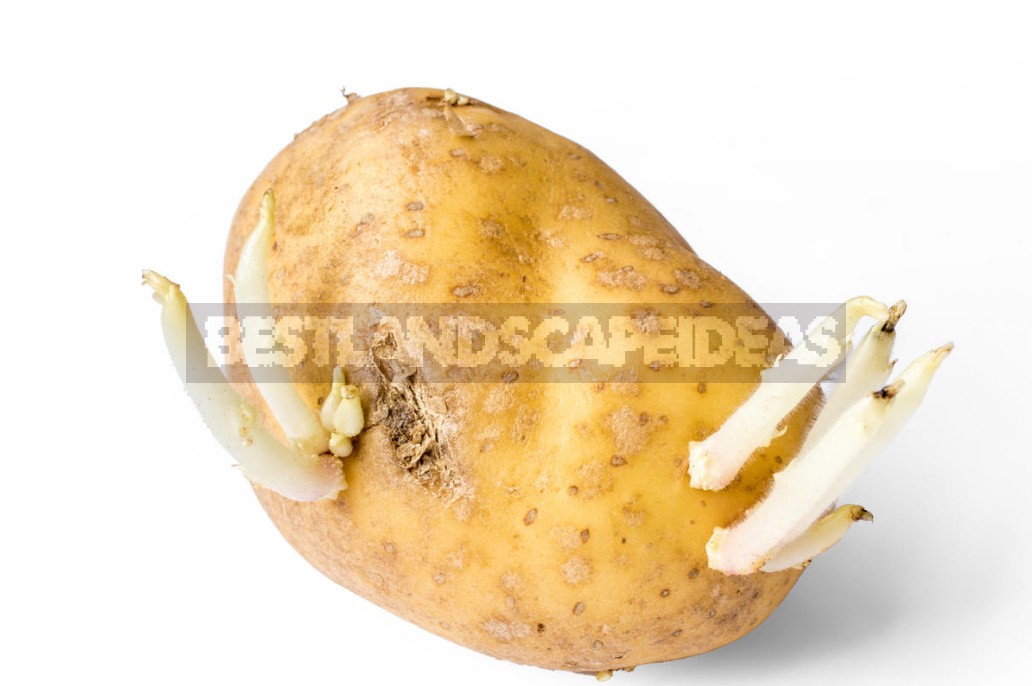
Potatoes are the same everywhere
According to some reports, Rwanda is ranked 6th in the world in terms of potato consumption per capita. And one of the world’s leading exporters of this food product is Egypt. Tubers of Egyptian potatoes are not the best option for growing in a cold climate.
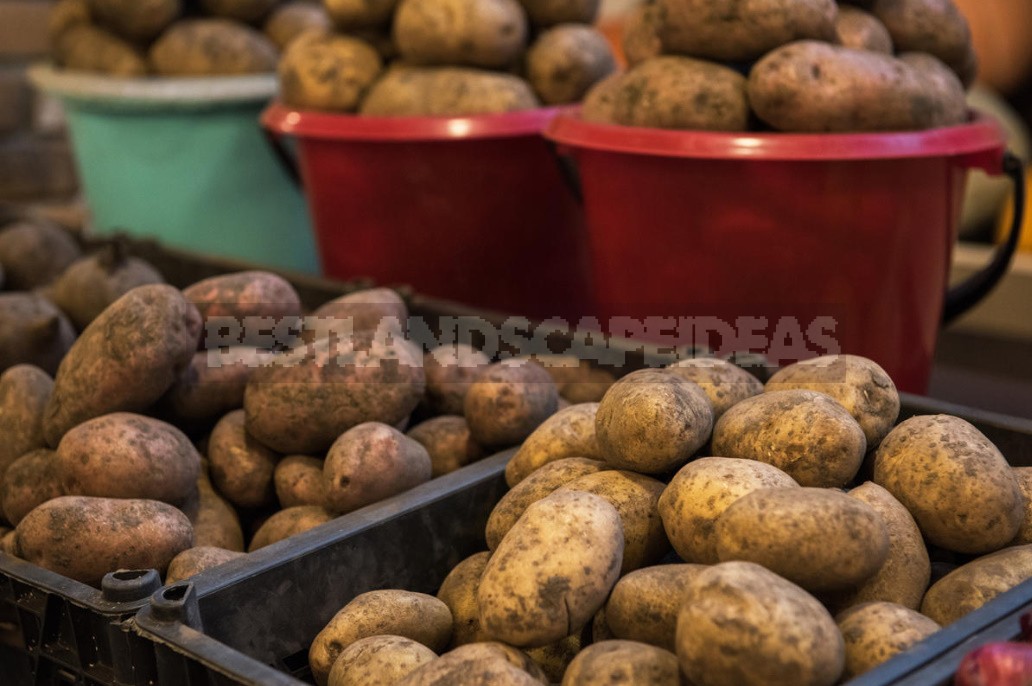
If you have a question about buying food potatoes for planting, choose the products of local farmers-not in the store, but at the market. This way you will get the seed material that is most suitable for your climate. Farmers, by the way, it is easier than in the store to find out some features of the selected potatoes — for example, it is early or late.
What’s your name?
Sellers in vegetable stores are usually not very interested in the variety of potatoes sold. Therefore, if you are chasing some specific names, the supermarket is probably not the right place to form a collection of varieties.
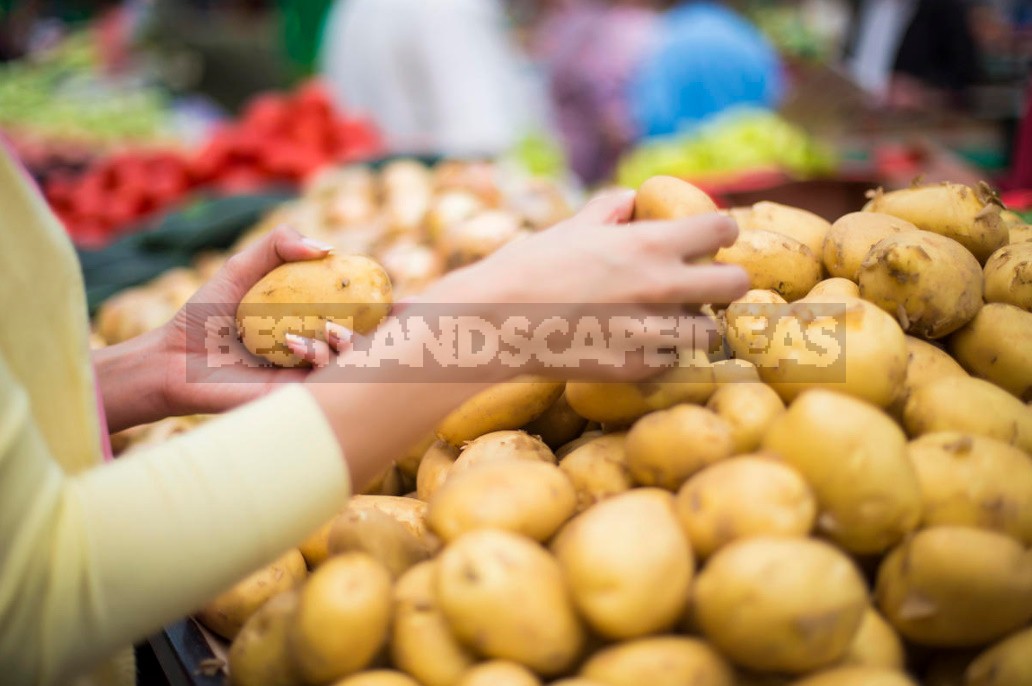
But you have a great chance not to buy a pig in a poke, and grow really delicious potatoes from your point of view. You can find out whether this variety is suitable for you in terms of taste, whether it is sufficiently developed or retains its shape, darkens or not, before the required time from planting to harvesting has passed. Just buy it and prepare it before you start planting it.
Should I buy potatoes for planting in a grocery store?
Can I grow potatoes from store-bought tubers? Can. But whether it is worth it, everyone decides for himself. Some potato growers, without hesitation, buy their favorite tubers in the vegetable Department, plant them and enjoy a good harvest.
Standard pre-sowing measures and good agricultural equipment (treatment of diseases before planting, protection from insect pests, fertilizing, fertilizing during the season, watering) will help you get a good return, even if you buy “seeds” together with other products in the supermarket. There is another reason to turn your attention to the vegetable counter: potatoes for food are much cheaper than specialized seed.
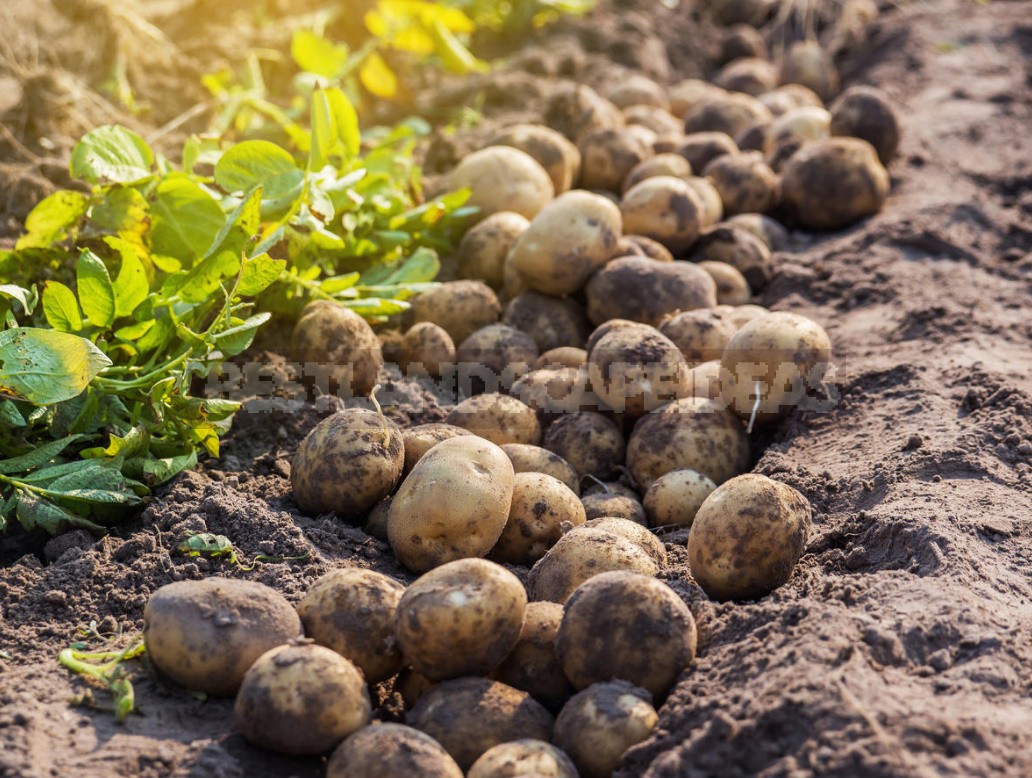
If you are considering whether to buy potatoes for sowing in an ordinary store, try it. Then tell everyone about your experience. Good harvests to you!
